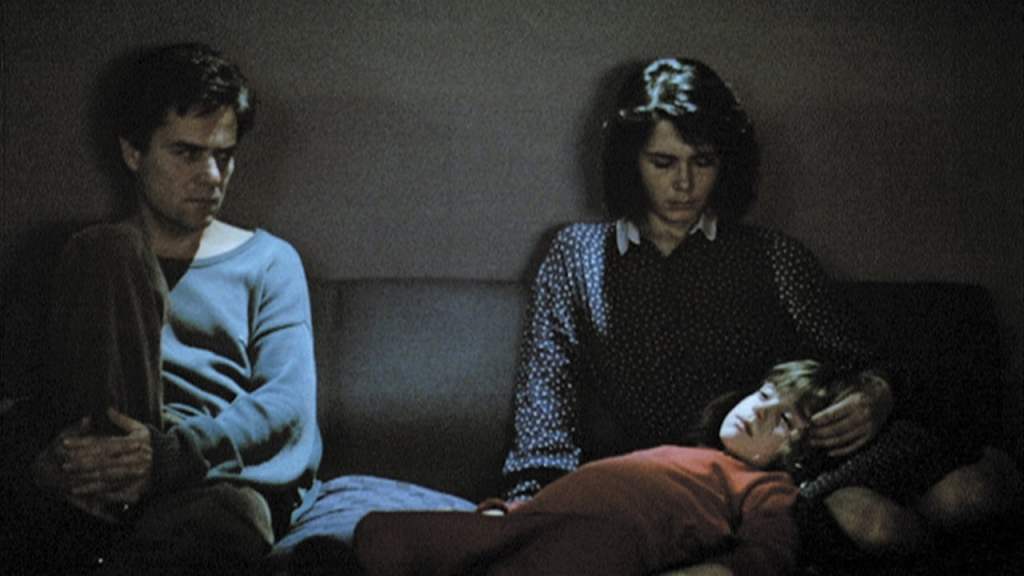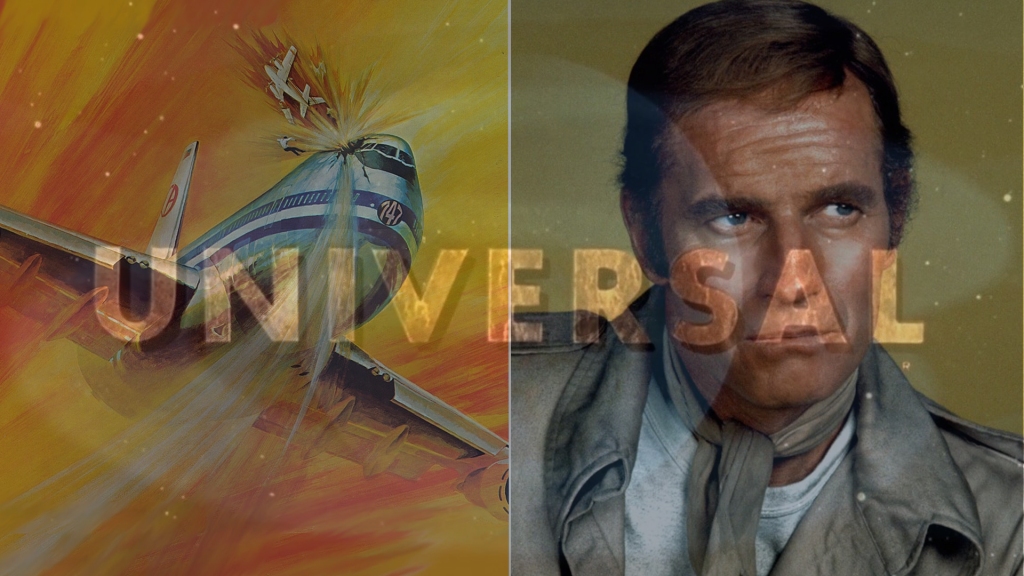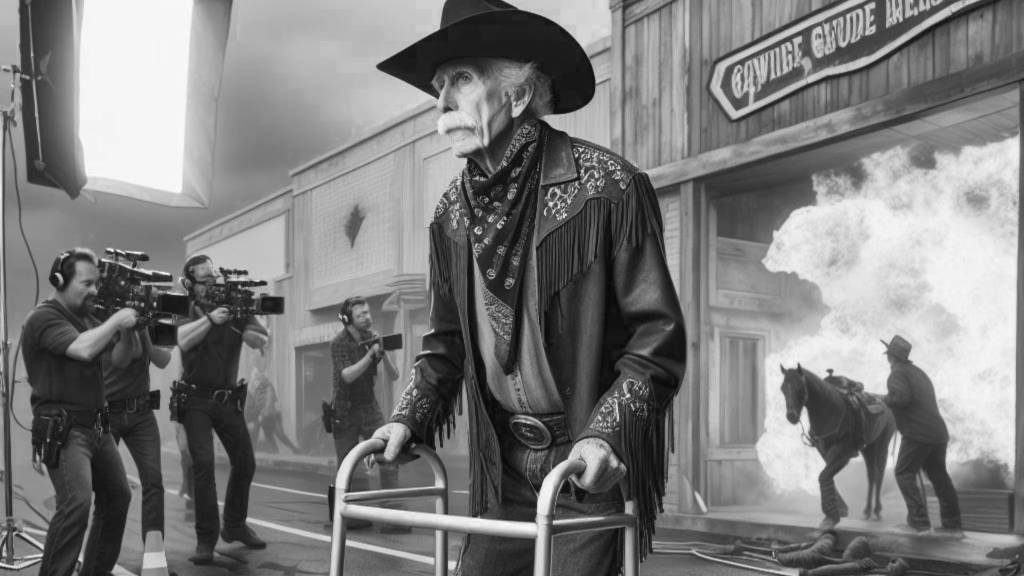

This article is a part of a comprehensive journey through the cinema of Michael Haneke, an often-overlooked auteur whose cutting critical analysis continues to be relevant to this day.
Michael Haneke’s transition from the highly regimented and thematically constrained universe of television was allegedly catalyzed by a short news article about a regular Austrian family whose members decided to end their lives, seemingly without any valid reason. The Seventh Continent is Haneke’s attempt to wrestle with this moral puzzle.
The film is divided into three parts, each of which being composed of short snippets and vignettes where we follow a middle-class Austrian family as they go about their day. The narrative is consequently plotless and most of what Haneke wants us to do is to observe the family’s morning routine, drive to work, shopping trips and related mundanities in extreme procedural detail. This is meant to delineate a notion that the protagonists are almost completely dehumanized. They don’t think about their actions, nor do they feel anything beyond instinctive jolts to fulfill their basic needs in order to extend their existence. Their lives are empty. The only vestige of colour and some kind of dynamic presence in their household is provided by the TV, which is almost always on, towering over people’s voices.
The third part is where the family makes a decision to end their lives and consequently, we are privy to the way they go about making it happen. Frankly, this is where this cold and emotionless experiment slowly morphs into a psychological horror. This is because Haneke applies the same emotionless perspective to oversee a process that we innately feel as though it should be saturated with some kind of energy. He forces us to sit quietly as the protagonists methodically destroy all their belongings. He uses a single, static, long and unbroken take to show us how they destroy their life savings by shredding banknotes one by one and flushing them down the toilet. And then, finally, we get to witness as they commit suicide by overdosing on pills and watch TV until their souls evaporate from their bodies. Notably, one of these scenes – the act of destroying money – apparently attracted criticism from Austrian audiences. It was deemed obscene and inappropriate. At the same time, these very same audiences raised absolutely no objections to a scene which followed it almost immediately: the one where the parents euthanize their own child! Although these reactions simply could not have been rationally expected by anyone, they provided a useful meta-commentary to the film, which vindicated Haneke’s moral position and hence imbued the film’s legacy with a sense of tragic urgency.
I have always had a problem with Haneke’s filmmaking because – for lack of a better word – I often found it hard to be convinced he cared about any of the tragically sombre themes he was handling. I don’t think this accusation is appropriate for his debut feature, as it is a work of a visibly angry and perhaps unsettled individual who took it upon himself to hold a mirror to his contemporary society because he feared its humanity was slowly disappearing; which the feedback to the film proved correct as well. Although his style is characteristically detached, clinical and perhaps a bit robotic, Haneke himself seems to have cared about this story and wanted it to be an enlightening experience that would hopefully force us to do something about our lives. He feared that as our lives became more financially fulfilled and generally safer, our burning human spirit would soon be extinguished. He worried we would all turn into mindless automatons incapable of independent thought and that we’d wither away while watching ersatz worlds conjured by the little box in the corner of the living room.
Thus, The Seventh Continent is Haneke’s way of waving his finger at the society at large. He assumes the role of a preacher spelling our doom if we don’t wake up from our wealth-induced slumber. In fact, he may have thought it was already too late and that it was merely a matter of time before we’d degrade as a society and either let ourselves devolve or perish. However, this didn’t stop him from embarking upon a mission where he would try to talk some sense into the society. A mission of filmmaking.




Leave a comment